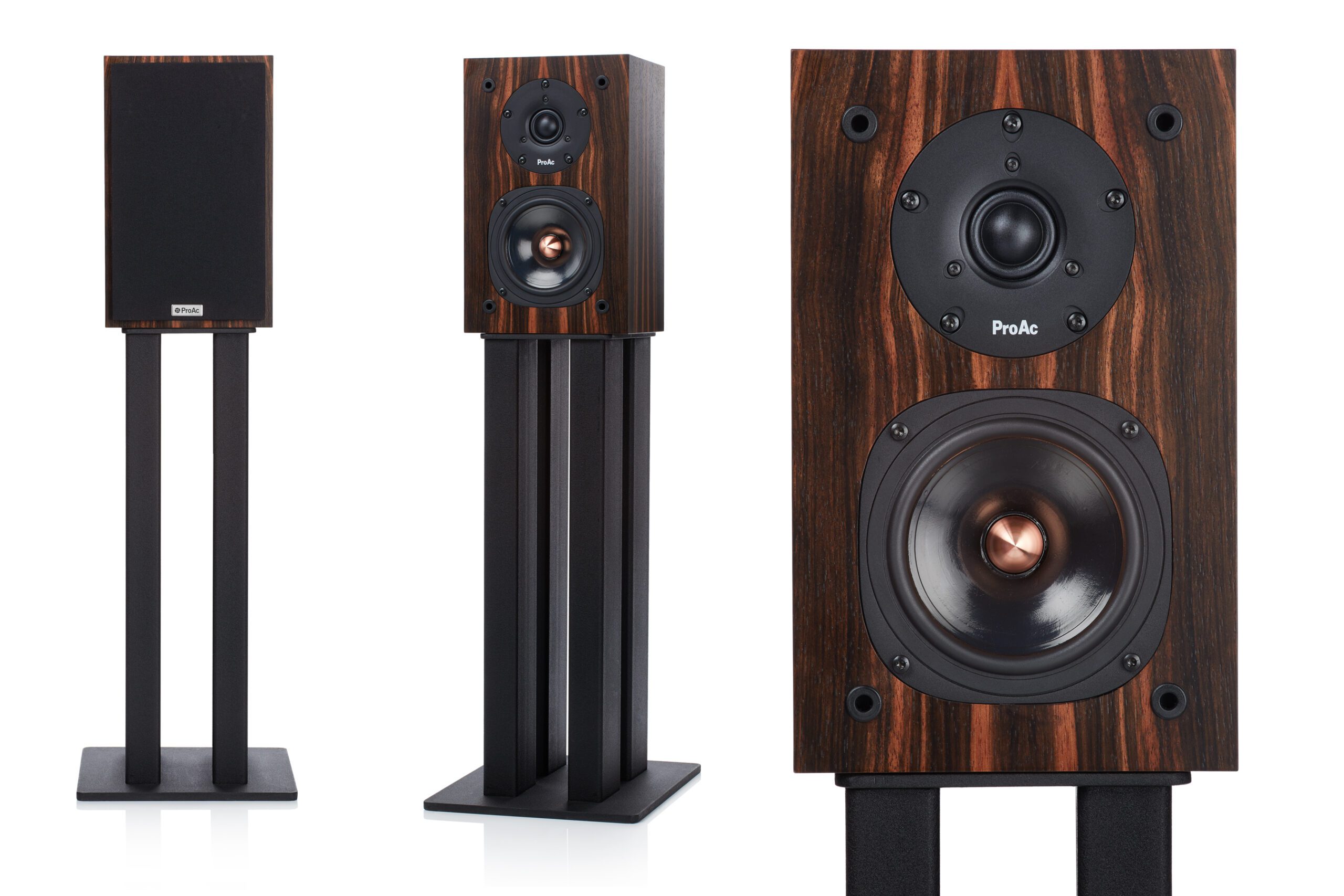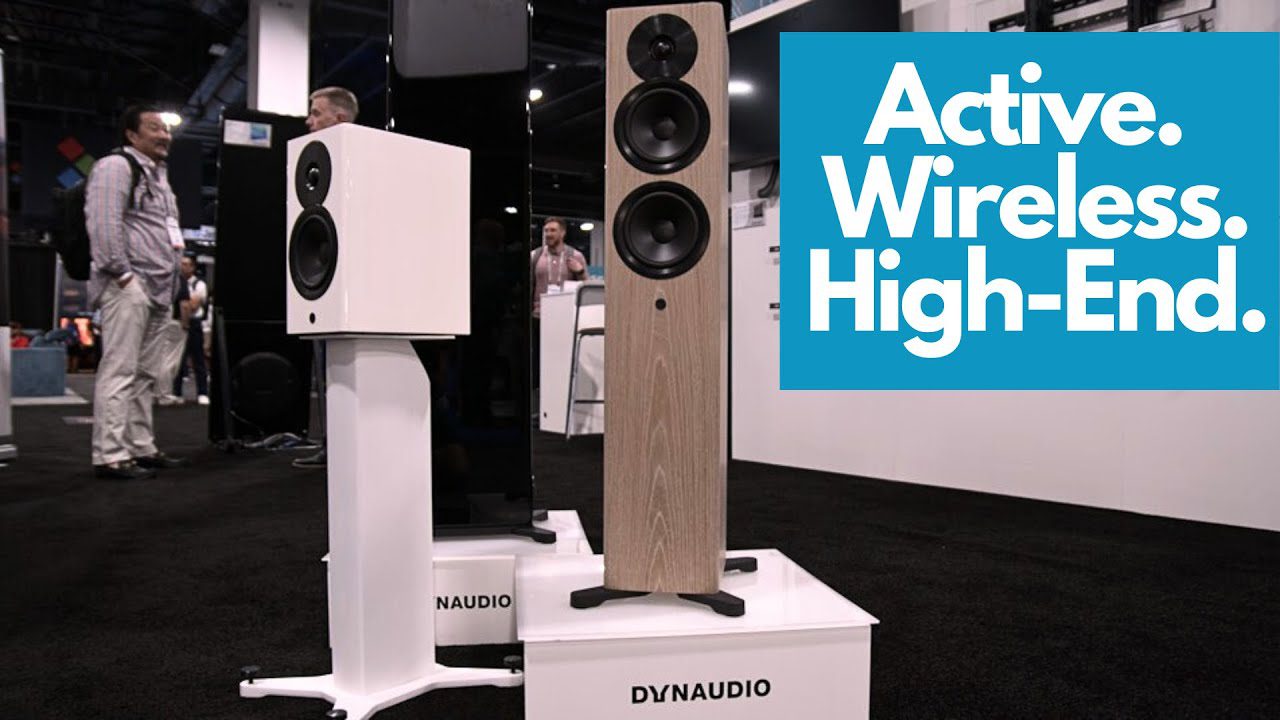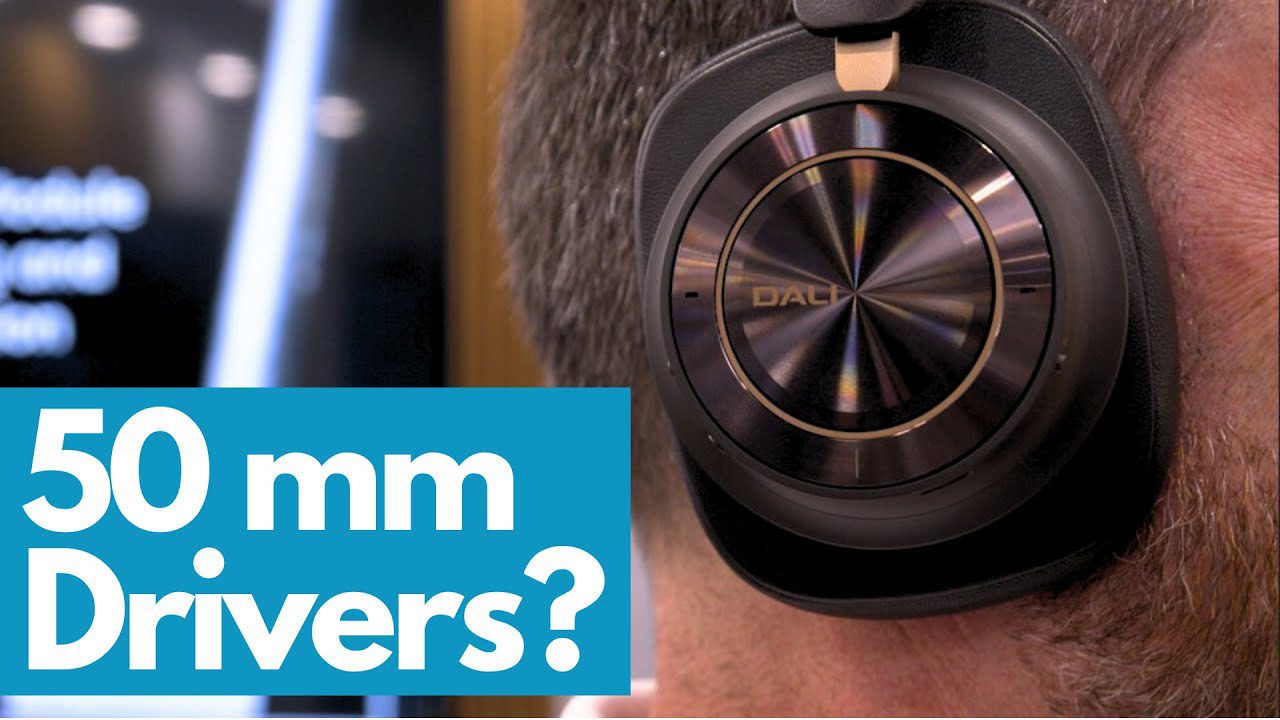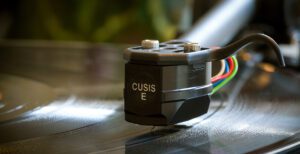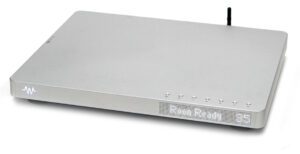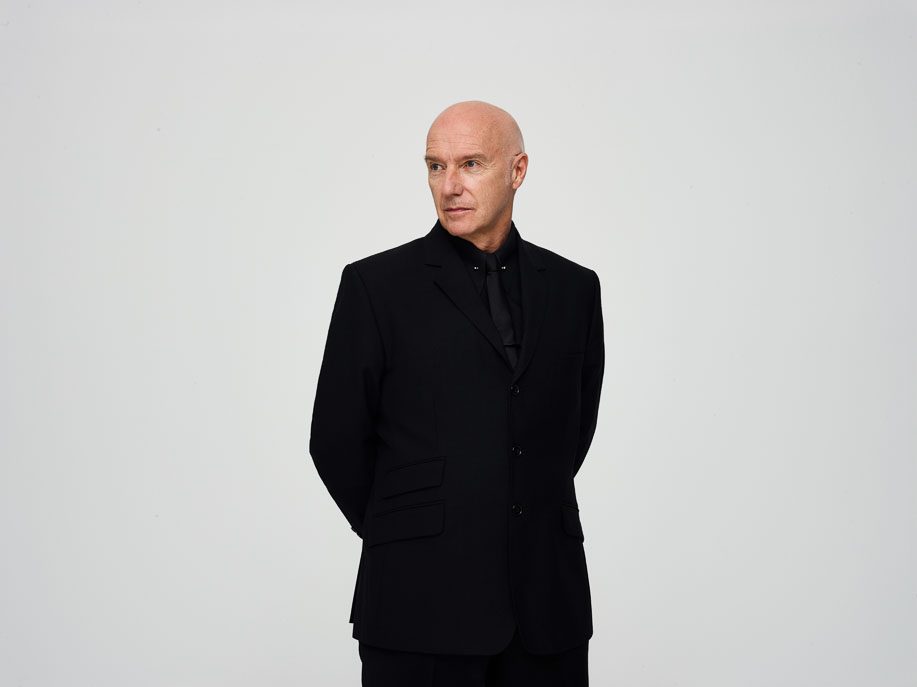
hi-fi+ talks exclusively to Midge Ure, frontman of British New Wave/synth-pop band Ultravox, about the forthcoming deluxe edition box set celebrating the 40th anniversary of Quartet – the third album he made with them.
Featuring four UK Top 40 singles, ‘Reap The Wild Wind’, ‘We Came To Dance’, ‘Visions In Blue’ and ‘Hymn’, it was produced by the legendary George Martin.
SH: Quartet is over 40 years old. How do you feel about that?
MU: It’s funny – it doesn’t feel like 40 years. Everything to me was yesterday, or last week, or last year, but not 40 years.
Like any music, it will have its dated moments. I’ve had to go back and look at the album again recently as part of a tour that I’m doing. Some of it’s a delight and you discover things that you’ve forgotten you did, and other parts you can’t quite get your head around what you were thinking at the time.
So, it’s a double-edged sword, but because Ultravox always tried to push the envelope sonically, there are parts that really stand up. A lot of things get dated by the technology you use at the time.
That’s ironic, isn’t it? You’re using the latest technology of the day – Quartet features some early digital synths, which were cutting edge at the time – but the sound soon dates, unlike guitar, bass and drums…
It’s funny – you’re quite right. If you think about guitar, bass and drums, since Les Paul’s days, they haven’t really changed – there’s not a massive difference sonically between listening to Hendrix play ‘All Along the Watchtower’ and listening to something that was recorded yesterday.
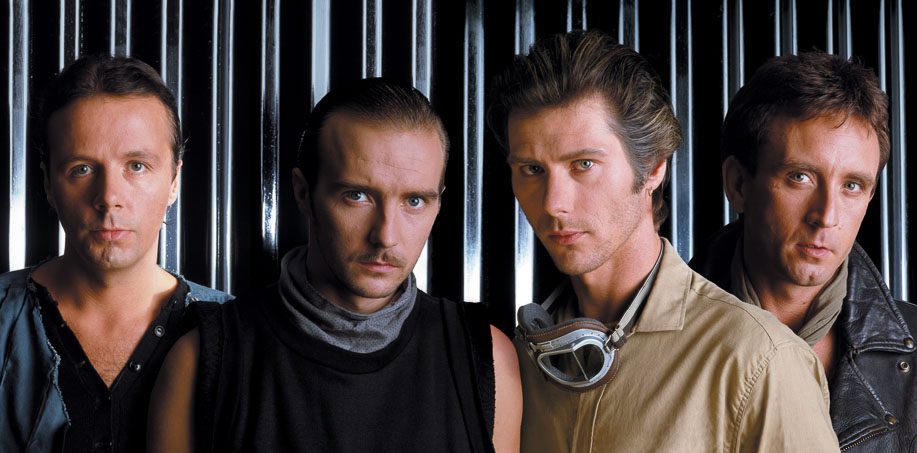
If it’s guitar-oriented, it’s still the same effects, but maybe the recording technology has changed and made things clearer, but not necessarily better.
With bands who used nothing but electronics back in the late 1970s and early 1980s, that dated very quickly – excluding Kraftwerk, because they always did something different. It was a novelty for a while but it soon wore thin.
Elements of Quartet are slightly dated because of the sounds, but the majority of it still stands up because it’s based around hopefully what are good songs.
Billy Currie [Ultravox’s keyboard and strings player] had these signature sounds – his grungy old ARP thing, which was Jimi Hendrix on a synth really – and a few other bits and pieces, which gave Ultravox a very defined sound, but, on Quartet, we started to move away from that. Probably because of the technology and a lack of understanding of how it could be adapted. We used hybrid things as well, like PPG Wave synths, which were digital with an analogue front-end.
Quartet has a European feel…
I think it does. Ultravox never delved into that Americanised thing and sung songs about truckin’ down the highway. It just wasn’t us. We all came together with our different influences and what popped out was this love of the austere and film noir soundtrack music, but with a pop bent – that’s what Ultravox did. We could write good, memorable, catchy melodies.
You worked with German producer Conny Plank on the two albums before Quartet – Vienna and Rage In Eden. Wasn’t Rage In Eden a difficult album to make?
For Vienna, the budget was incredibly small – we recorded for 10 days in RAK in London and finished it off in Conny’s studio in Germany.
We did the entire album in three weeks – we had the arrangements off pat because we’d had a chance to play the songs live, so all we had to do was work out how to record them technically. But, when it came to Rage In Eden, we had generated quite a chunk of money and because of our popularity we had got to a level where we could say, ‘Well – we don’t want to go into a studio and do it like that again, we want to do something completely different’.
We still wanted to work with Conny, but we chose to write the entire album in the studio, which is A an idiotic or very brave thing to do, and B stupidly expensive.
We had the wherewithal and the time to make something that was as ground-breaking and different as Vienna was – not Vienna Part Two.
With Rage In Eden, we made it difficult for ourselves by walking into the studio with nothing but our equipment and seeing what our four heads could throw together.
So, for Quartet, you decided to work with George Martin. How did that come about? He wasn’t a natural fit, was he?
If you judge a book by its cover, you might think, ‘George Martin and Ultravox – that doesn’t work’ – but take Ultravox out of the equation and go back to George Martin, when studio technicians worked nine-to-five at the BBC or Abbey Road and wore white lab coats with pens in their pockets… he changed all that. He was as radical then as Conny Plank was when he was working with Neu!, Kraftwerk or early Eurythmics.
George and Conny were radically different characters – George wore a suit and tie, and Conny was a big, strapping bearded German guy – but the essence that got them into the industry was still there. It hadn’t gone away.
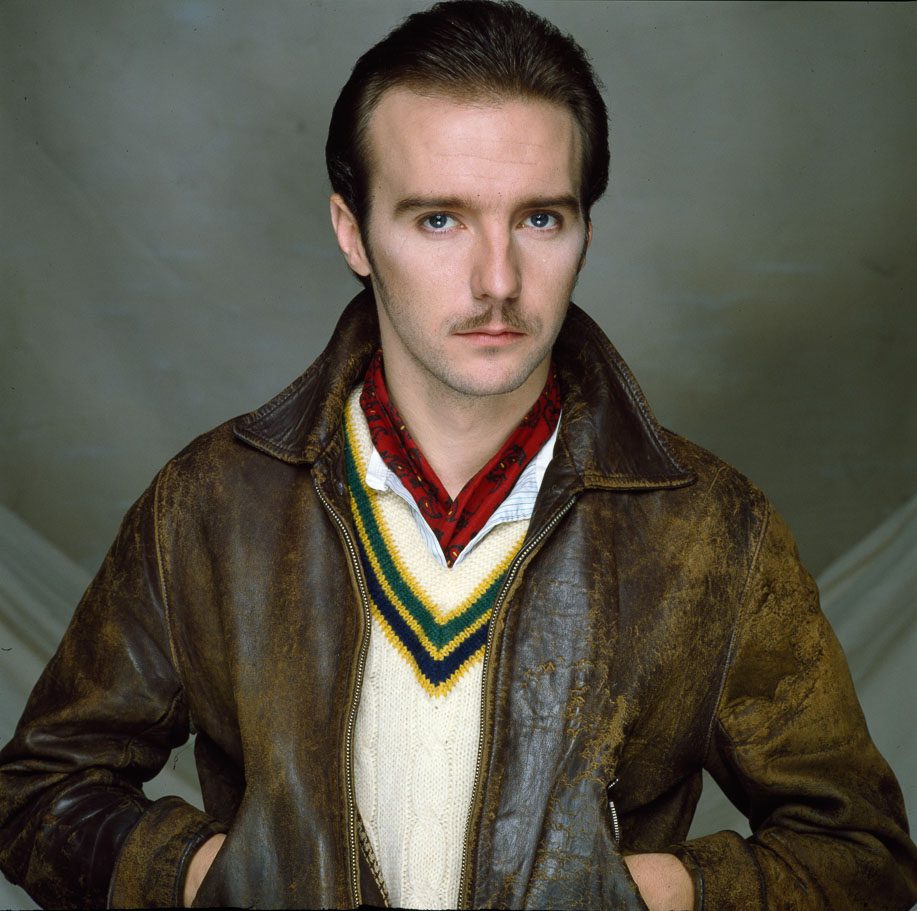
My one nagging doubt about working with George was would it be too corporate? Would he understand what we were trying to do?
In the first meeting we had, he started talking about LinnDrums – he had one and he’d played around with it and worked out the delays you needed to put on a snare to make it sound more human. He was really on the case.
We’d been given the keys to our own little vehicle – we could do whatever we wanted, with whoever we wanted. Our record label, Chrysalis, were very open. They said, ‘OK – here’s enough rope, go and hang yourselves…’
We always came up with the goods, but this time around we thought we would back off a bit and not be so anal. We opened up and let someone else into our inner sanctum. The only person we could all agree on was George Martin – irrespective of whether you were into The Beatles or not, we were all affected by what he did and how he changed the music industry.
He was the guy who insisted that EMI invest in a three-track recording machine so you could still edit with a stereo picture, because he’d seen Quincy Jones use one in America. That’s radical.
With Quartet you’d written the songs before you went into the studio, and Martin worked with you on some of the harmonies and arrangements. Was he more hands-on than Plank?
Conny was very hands-off when it came to arrangements – he had nothing to do with the creation of the music. He said his job was to capture the atmosphere. George was a much more ‘sit round the piano’ kind of guy – he got involved.
Quartet was recorded at AIR Studios in London and mixed and overdubbed at Martin’s facility in Montserrat. How was that?
It was weird – we did it back to front. We should’ve recorded the basic tracks in Montserrat and finished them at AIR. Montserrat was never set up as a mixing studio – it had a massive manual Neve desk with 60 channels or something – but we had the dream team of George Martin and Geoff Emerick, who had done Sgt. Pepper…
There were ‘pinch me’ moments when you’d think, ‘My God – these people are working on something I’m working on’.
We ended up mixing it manually – old school stuff, with 10 faders each. You had to get your moves, your pans and level changes all correct and throw your echoes, so it really was a scenario of ‘I think that’s the mix’ – not like these days when everything’s computerised and you can hear the same mix a million times. It was down to human frailty and ability.
Being in AIR was fantastic – it was a good work ethic. We didn’t have to do late-night recording with George – he’d knock it on the head at eight o’clock, go home and have dinner. We’d never experienced that before.
There are new mixes of Quartet by Steven Wilson in the box set, including a 5.1 surround sound version. Are you a fan of immersive audio?
Yes – it’s great, but at the back of my mind there’s a nagging doubt that you don’t want to mess with something that has been a certain way and living in someone’s head and heart for 40 years. There is a possibility you’ll screw it up for them, but when you hand it across to someone like Steven, you trust them to be able to eke out the best of what’s in there.
I don’t mind playing the songs, but I don’t want to go back in a time machine. But, I can see why with new technology you can clarify things and still maintain the atmosphere.
That’s something to explore but I’m not sure I’d want to do it with absolutely everything that I’ve done. I think sometimes it’s better leaving the bodies buried.
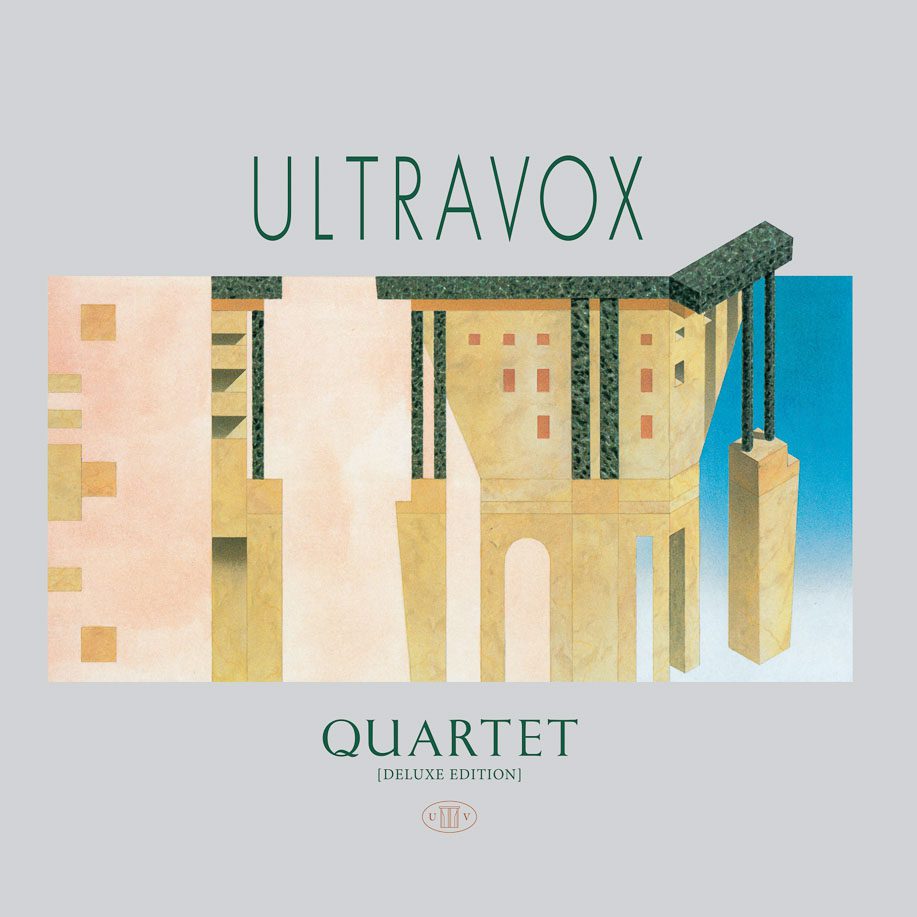
The six-disc CD and DVD deluxe edition box set of Ultravox’s Quartet is out now on Chrysalis Records.
It includes the original 1982 analogue album master, new Steven Wilson stereo and surround sound mixes of the album and B-sides, 70 tracks (47 unreleased recordings), a 2o-page booklet containing band notes, unseen photos and lyrics, and a reproduction Quartet tour programme.
Midge Ure will continue his tour in the UAE, Poland, the UK and Portugal during 2024: www.midgeure.co.uk
By Sean Hannam
More articles from this authorRead Next From Music
See all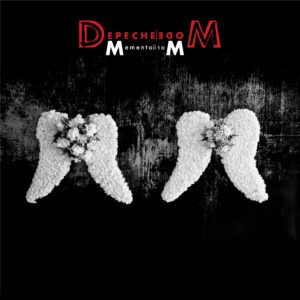
Depeche Mode: Memento Mori
- Apr 22, 2024
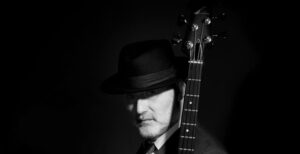
Music Interview: Jah Wobble
- Mar 27, 2024
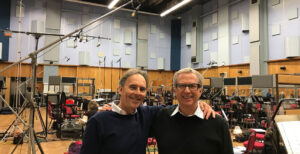
Music Interview: Don Reedman
- Mar 27, 2024
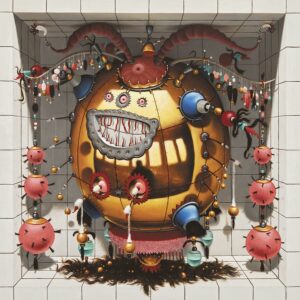
Album Review: Orbital – Optical Delusion
- Mar 20, 2024

